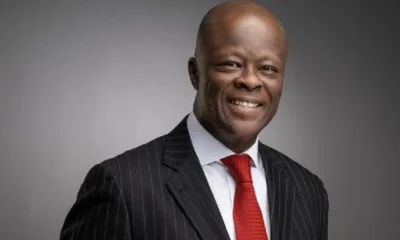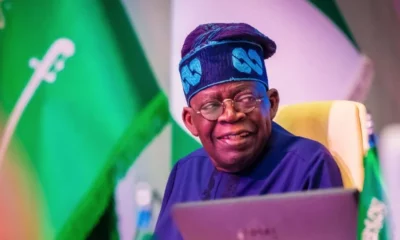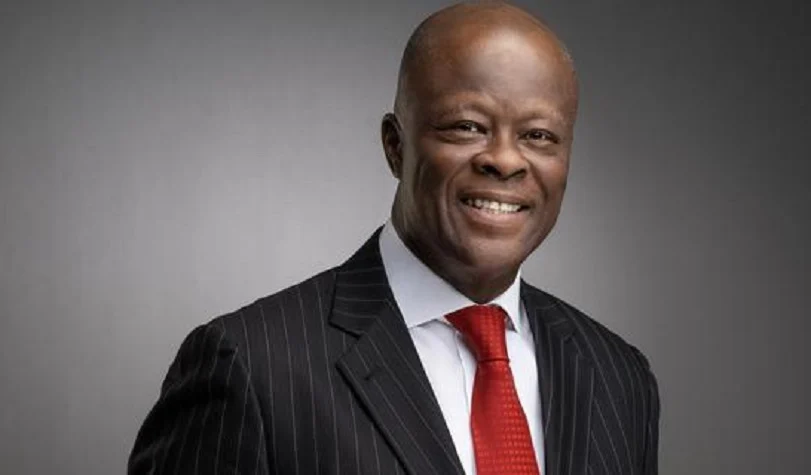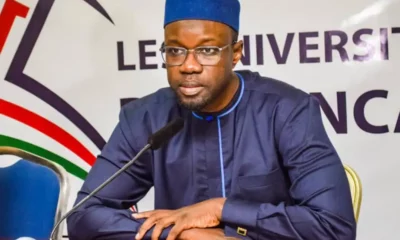Nigeria’s Minister of Finance and Coordinating Minister of the Economy, Mr. Wale Edun, has hinted that the country’s economy will receive $10 billion in foreign exchange inflows in the next few weeks.
The inflow, according to the minister during a panel session at the ongoing 29th Nigeria Economic Summit (NES) in Abuja, is aimed at easing liquidity pressure in the foreign exchange market.
He said, “In addition, from the supply of foreign exchange through NNPC, increased production, reduced expenditure, from transactions such as forward sales, from our discussions with sovereign wealth funds, that are ready to invest and provide advance alongside that investment, there is a line of sight of $10 billion worth of foreign exchange in the relatively near future in weeks rather months.”
Edun said President Bola Tinubu had Thursday signed two executive orders allowing the domestic issuance of instruments in foreign currency and allowing all cash outside the banking system to be brought into banks.
“Mr. President announced that he had taken measures to ease illiquidity in the forex market, which we know is very problematic at this time,” Edun said.
“The market is illiquid; it’s not functioning properly because there is no supply, and there are various reasons for that.”
At the same event, CBN Governor Yemi Cardoso disclosed that new rules for the foreign exchange market were currently being developed.
The CBN stated that any discussion on exchange rates in isolation would be undervaluing the narratives, adding that the current struggles of Nigeria’s foreign exchange market were tied to the overall fiscal and macroeconomic landscape.
The Nigerian government has sought to stabilize the country’s economy with two major policy actions: the removal of the fiscal bleeding in petrol subsidies and the unification of the exchange rate. The results have not been positive with the further fall of its currency value and cost of living.
Referencing those two measures, Cardoso said, “Now, happily, we have a situation where the bleeding with respect to Nigeria’s resources has stopped. And I refer specifically to the subsidy, and to be honest, when people say they are concerned, yeah, I get it. But frankly, I think that was the time to be concerned.
“Right now, from what I can see, we are on the path of rebuilding, and that is so important for us on the monetary side. If the fiscal is bleeding, it makes life very difficult for us on the monetary side. So to the extent that that has stopped, it’s a big deal”.
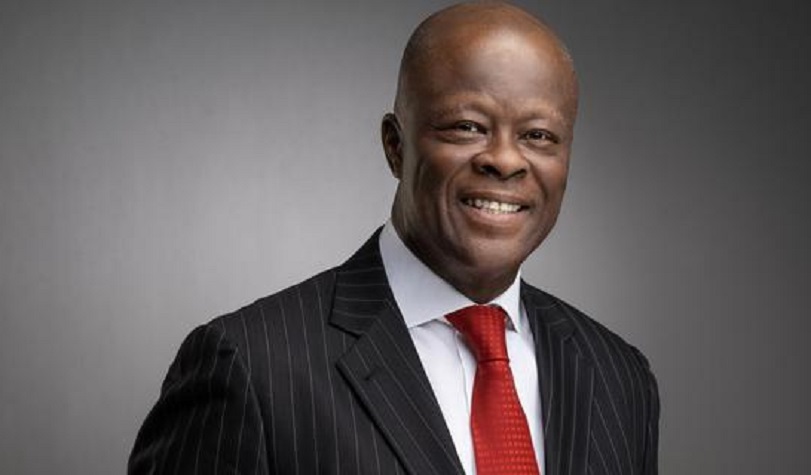

 Sports2 days ago
Sports2 days ago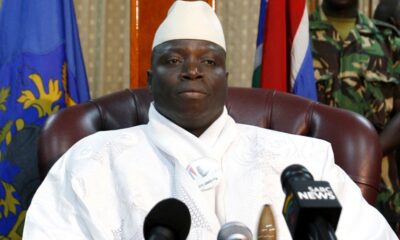
 Politics2 days ago
Politics2 days ago
 Culture2 days ago
Culture2 days ago
 Tech2 days ago
Tech2 days ago







